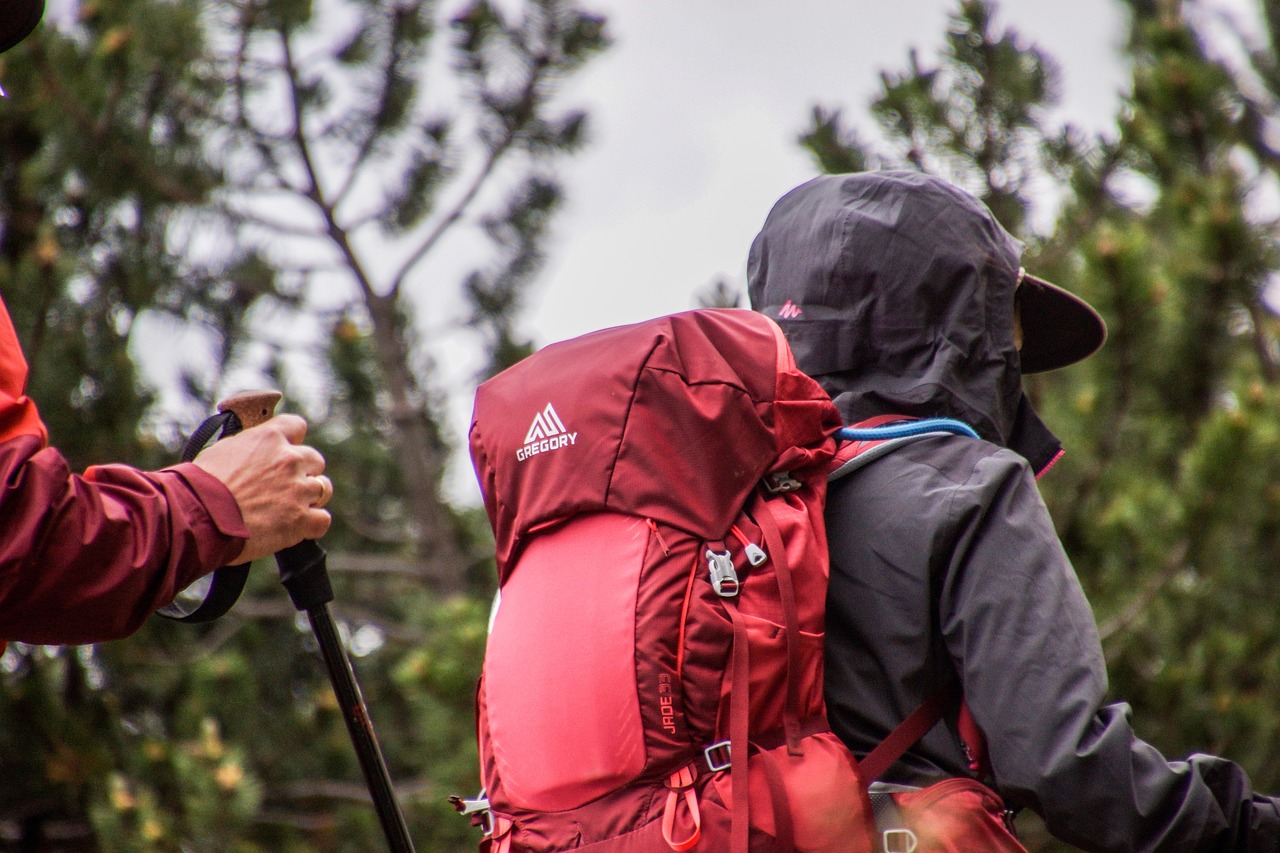
7 Useful & Practical Tips For Preparing Meals While Backpacking in the Wilderness
November 26, 2024
Backpacking or camping offers a fantastic opportunity to spend quality time with friends and reconnect with nature, but it also comes with a few things you need to account and be well prepared for—especially when it comes to food preparation.
With limited space, tools, and ingredients, cooking meals that are both safe, tasty and nutritious isn't exactly easy. However, with a solid plan and a little bit of goodwill, you can enjoy delicious meals during your adventure. Here are some essential tips to help you prepare meals while backpacking.
Plan your meals and pack strategically
Preparation is the key to stress-free meal times in the wilderness. Start by planning your meals for each day, ensuring they are tailored to the activities you’ll be doing. For longer hikes, prioritize calorie-dense meals; for shorter treks, lighter options will suffice. Write out a meal plan and calculate portion sizes to avoid overpacking or running out of food.
Once you’ve chosen your ingredients, organize them by meal using resealable bags or lightweight containers. Label everything for easy access and keep your essentials, like snacks, within reach for quick refueling during the day.
Focus on lightweight, high-energy ingredients
Backpacking demands foods that provide maximum energy with minimal weight. Lightweight, nutrient-packed staples such as dehydrated meals, powdered soups, instant oats, and trail mix are excellent choices. Incorporate protein-rich options like jerky, nuts, or tuna packets to sustain energy levels throughout the day.
Don’t overlook the impact of small additions like spices or condiments—tiny packets of salt, pepper, or hot sauce can elevate even the simplest meals. These thoughtful choices ensure you’re well-fed without carrying unnecessary weight.
Keep recipes simple and adaptable
Complex recipes don’t belong in the wilderness. Instead, stick to simple, versatile meals that can be prepared with limited ingredients and tools. One-pot meals, like pasta or rice with a sauce packet, are perfect for cutting down on prep time and cleanup.
No-cook options, such as wraps with nut butter or pre-sliced cheese, are ideal for when you need a quick meal. Flexibility is key—be ready to adjust your recipes based on the weather or the availability of clean water. For example, on cold evenings, a warm, hearty soup can boost morale and keep you energized.
Invest in compact, efficient cooking gear
Having the right gear makes all the difference when preparing meals in the backcountry. A portable camping stove paired with a lightweight pot or pan is a must-have. Many backpacking stoves are designed to be compact and fuel-efficient, making them ideal for multi-day trips.
You’ll also need a good knife. Having a sturdy and trusty folding knife on hand is incredibly useful for tasks like slicing ingredients, opening food packaging, or even cutting small twigs for a makeshift cooking setup, making it an essential tool for meal prep in the wilderness.
Look for cookware that doubles as storage for utensils or fuel to save space. Don’t forget essentials like a dependable lighter or waterproof matches, and consider a small, foldable cutting board if you plan to chop fresh ingredients. A streamlined cooking setup will make your wilderness meals hassle-free.
Store food safely to protect yourself and wildlife
Proper food storage is crucial, both for safety and to preserve the wilderness. Use bear-proof containers or hang your food in a tree at least 200 feet from your campsite to keep wildlife at bay. Store perishable items in insulated bags and eat them early in your trip to minimize spoilage risks.
Always pack out all food scraps and wrappers to follow Leave No Trace principles. Proper storage ensures your safety and preserves the natural environment for future adventurers.
Stay flexible and embrace the experience
Even with careful planning, surprises are inevitable in the wilderness. Weather changes, unexpected delays, or equipment malfunctions might force you to adjust your meal plans. Having backup no-cook options, such as energy bars or dehydrated fruits, can be a lifesaver during unforeseen circumstances.
Embrace these moments as part of the adventure and focus on enjoying the process. Wilderness meals may not be gourmet, but they’re an essential part of creating memories in nature.
Conclusion
Preparing meals while backpacking can be both practical and enjoyable if you plan ahead and use the right strategies. By focusing on lightweight, nutrient-dense ingredients, keeping your recipes simple, and investing in efficient cooking gear, you can fuel your adventure without stress.
Staying flexible and embracing the unpredictability of the wilderness adds to the experience, making every meal feel like an accomplishment. With these tips in mind, you’re ready to hit the trail and savor the unique joy of outdoor cooking.













